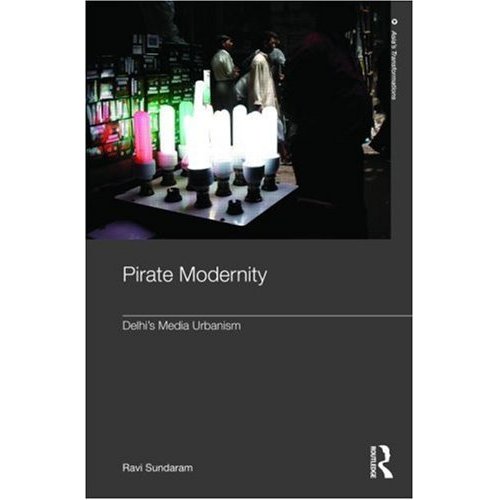Live Transmission of Labour Day in Bogota
I attended the processions of 1 May (Labour day) in Colombia. The idea was as follows: At 8 AM, we would all gather on the square to set up the installation, DJ turntables, waterproof tent (it rains a lot),...


